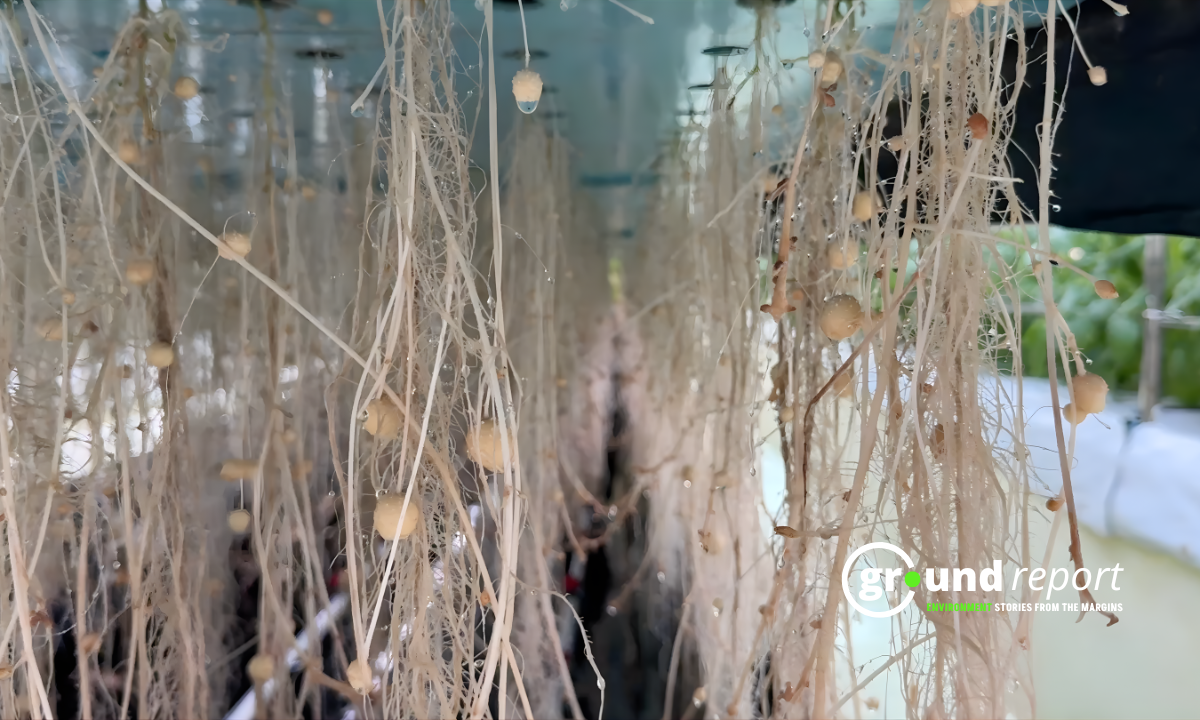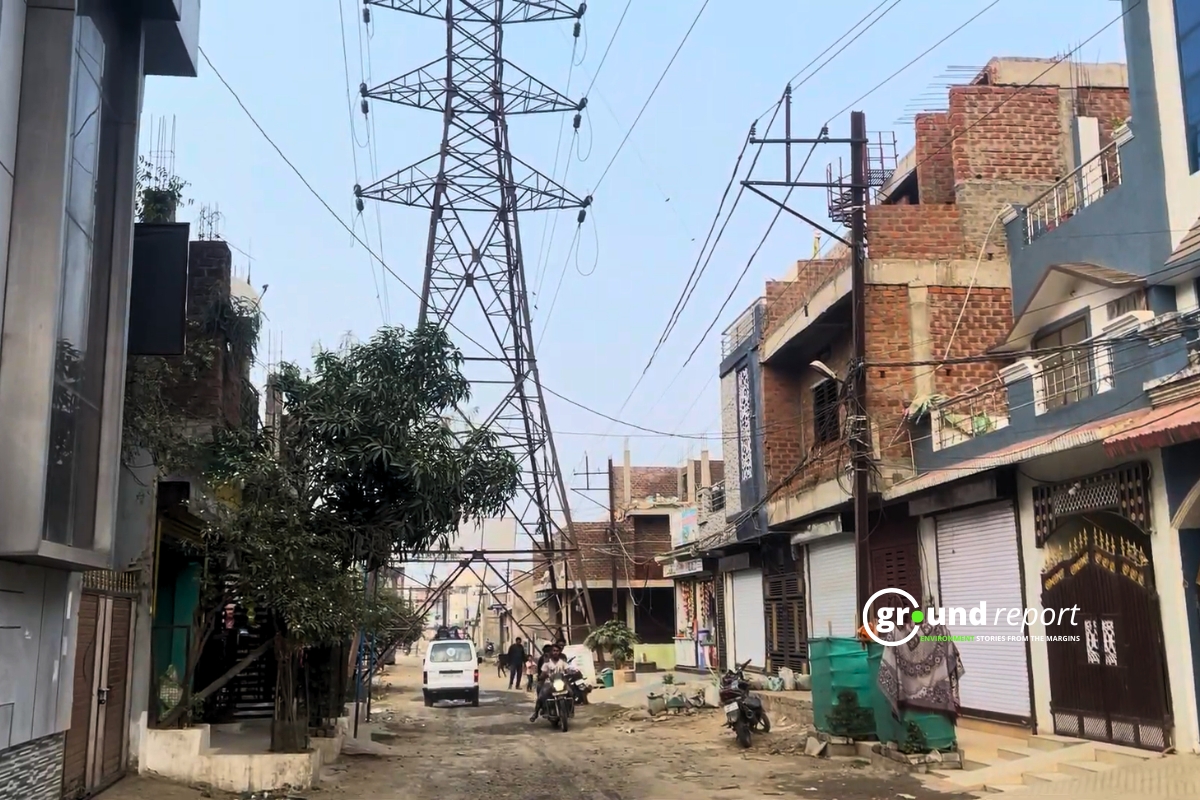European Union food safety authorities have raised concerns about cancer-causing chemicals found in 527 food products from India. The scrutiny intensified when well-known Indian spice brands like MDH and Everest were suspected of containing levels of ethylene oxide, a chemical, that exceeded safety limits.
Following bans in Hong Kong and Singapore, the European Union has also prohibited these products, underscoring the extensive contamination issue. Earlier, on April 5, the Centre For Food Safety of The Government of the Hong Kong Special Administrative Region discovered ethylene oxide in three spice mixes from MDH Group: Madras Curry Powder, Sambhar Masala Powder, and Curry Powder.
This finding has sparked concerns about the safety of exported food products and potential health risks for consumers. Ethylene oxide is not approved for use in food by the EU, leading to the rejection of 87 shipments at the border and the removal of many others from the market. Among the 527 flagged items, 525 were food products and 2 were feed items. Of these, 332 were sourced from India, with the remainder from other countries.
Between September 2020 and April 2024, European Union food safety authorities detected contamination in 527 products associated with India. These included mostly nuts and sesame seeds (313), herbs and spices (60), dietetic foods (48), and other food products (34). Of these, 87 shipments were rejected at the border, with many others withdrawn from the market later.
Ethylene oxide, a colorless gas used as a pesticide and sterilizing agent, was found in these products. Originally intended for sterilizing medical devices, exposure to ethylene oxide is linked to various cancers, including lymphoma and leukemia.
Data from the Rapid Alert System for Food and Feed (RASFF), an online system monitoring food safety in EU member countries, revealed that ethylene oxide was present in 525 food products and two feed products. While India was listed as the sole origin country for 332 items, authorities identified other countries where the chemical was detected for the remaining products.
Hazardous levels of ethylene oxide were detected in a myriad of food products, ranging from spices like garam masala and turmeric to health supplements and herbal medicines. These findings were echoed in over a thousand notifications from May 17, 2019, to April 26, 2024, listing contaminants like aflatoxin, pesticide residues, and Salmonella, among others.
Ethylene oxide: cancer risk in food
Ethylene oxide is a colorless gas widely used as a pesticide and sterilizing agent. Originally meant for medical device sterilization, it’s now also used in agriculture. Classified as a Group 1 carcinogen by the International Agency for Research on Cancer (IARC), it’s known to cause cancer in humans.
When found in food products, ethylene oxide can lead to the formation of ethylene glycol, a dangerous byproduct linked to child deaths in Africa through contaminated cough syrups. The EU sets a 0.1 mg/kg limit for ethylene oxide, which Indian products exceeded.
Exposure to ethylene oxide raises the risk of various cancers, including lymphoma and leukemia, due to its DNA-damaging properties. Handling contaminated products also poses a health risk.
In response, the Food Safety and Standards Authority of India (FSSAI) is conducting rigorous quality checks on implicated spices and foods to meet safety standards. They’re also exploring safer sterilization methods like gamma ray treatment, endorsed by global food safety agencies for its effectiveness without compromising food quality.
The FSSAI’s actions, including issuing guidance documents for adopting safer food safety measures like Hazard Analysis Critical Control Point (HACCP), emphasize the importance of stringent quality control in the Indian food industry. As consumers become more health-conscious, food safety is crucial for producers worldwide.
Keep Reading
MP Balram Talab Yojana 2023: Farmers get support to build ponds
Will the Ken-Betwa project benefit the Bundelkhand region?
Follow Ground Report for Environmental News From India. Connect with us on Facebook, Twitter, Koo App, Instagram, WhatsApp and YouTube. Write to us at GReport2018@gmail.com and subscribe to our free newsletter.
Don’t forget to check out our climate glossary, and learn difficult environmental terms in simple language.





